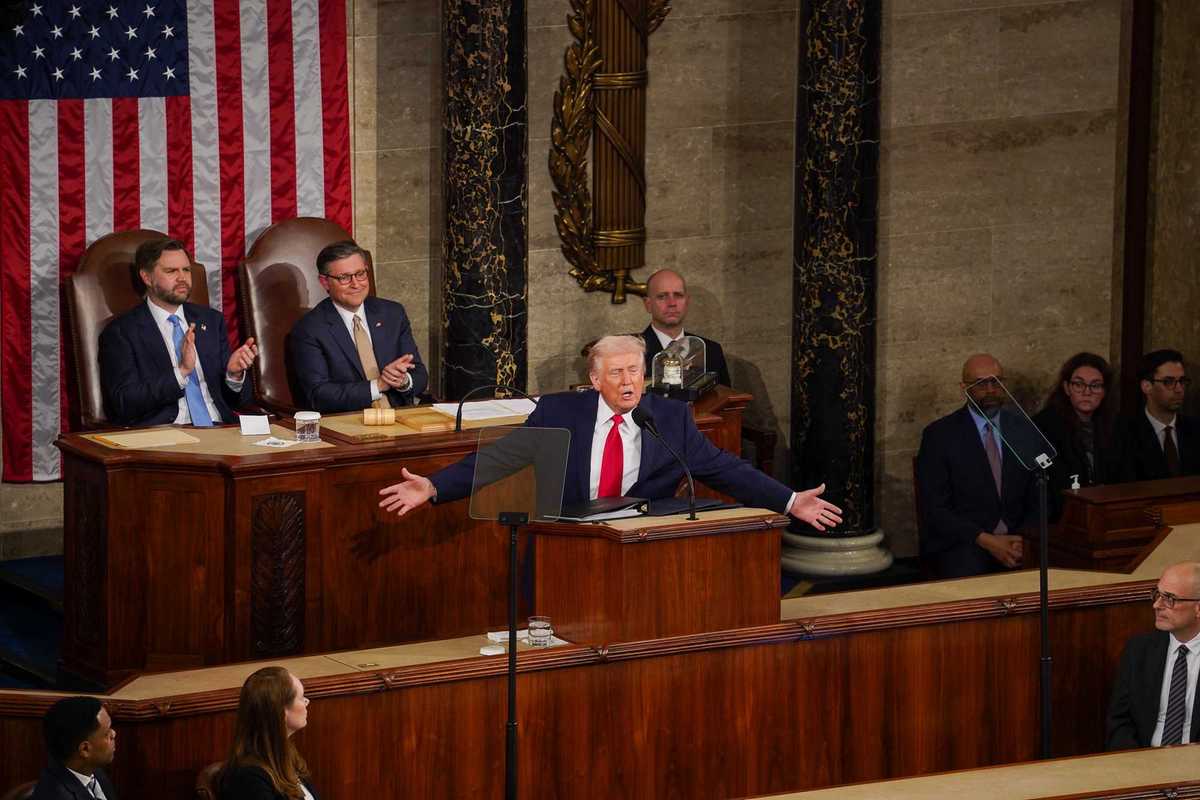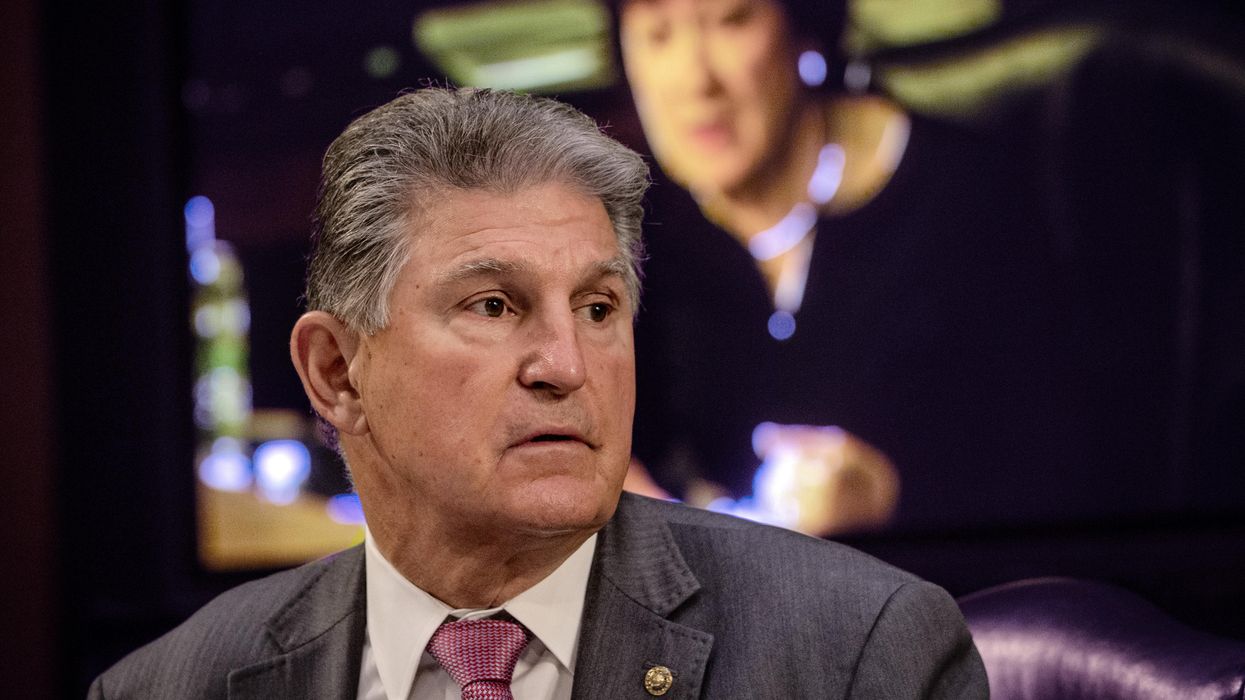When Sen. Joe Manchin's office told CNN this week that he opposes the For the People Act, the West Virginia Democrat struck a fatal blow to his party's signature legislation to overhaul the elections, redistricting, campaign finance and ethics rules.
From its debut in 2019, the legislation was considered a long shot at best and likely nothing more than a messaging platform for Democrats. That prediction -- the first article written by The Fulcrum -- has come to fruition two and a half years later as the parties avoided attempts at compromise and fought over congressional rules that stymied passage.
In March 2019, Democrats forced the bill through the House on a strictly party-line vote while knowing Majority Leader Mitch McConnell was never going to allow a vote in the Republican-run Senate.
But after Joe Biden won the presidency and Democrats took control of a 50-50 Senate, the bill's backers thought they might have a real opportunity to enact the popular legislation (known to many as HR 1 and S 1). However, while the Democrats again won passage in the House (this time with one Democrat joining all Republicans in opposition), they still faced the daunting challenge of overcoming the Senate filibuster.
The chamber's rules allow senators to obstruct a vote by prolonging debate indefinitely. The only way to end the debate and move to a vote is to "invoke cloture," which requires 60 senators to vote in favor of ending debate and moving to a vote on the subject at hand. In recent years, cloture votes have become the norm for any partisan bill -- even without any senators actually engaging in a filibuster.
A number of Democrats have called for abolishing the legislative filibuster this year (the Senate previously ended the practice of filibustering presidential nominations) in order to pass the For the People Act. But two Democratic senators, Manchin and Arizona's Kyrsten Sinema, have said they oppose ending the Senate tradition. If both of them changed their minds, the filibuster could be abolished and only a bare majority would be needed to pass the For the People Act. (This last step could be achieved if all Democrats voted in favor and Vice President Harris broke the anticipated tie.)
With Manchin opposing the bill, there's no path forward.
So how did we get here?
First, the For the People Act has been a partisan play from the beginning. Democrats set it as a legislative priority and never invited Republicans to help craft or change the legislation. Of course, Republicans did not seek a meaningful role -- both sides dug into their deep-rooted positions with no room for compromise.
And then there's the filibuster, which for more than two centuries has been cited as a tool for preventing a majority from running roughshod over the political minority, helping the Senate cool any tempers flaring in the House of Representatives. In order to overcome opposition, senators were forced to reach a compromise accepted by both parties.
But opinions have shifted and some reformers have cited the filibuster as a leading cause of legislative dysfunction, saying one cranky lawmaker (or the minority as a whole) can gum up the works when a majority is trying to serve the people.
While the massive bill, which has demonstrated bipartisan support in polling, has nowhere to go, perhaps it could be scrapped for parts. Republicans might be willing to accept some components that prove popular among their constituents, as long as they can still say they are preventing a federal takeover of elections. But don't hold your breath.




















